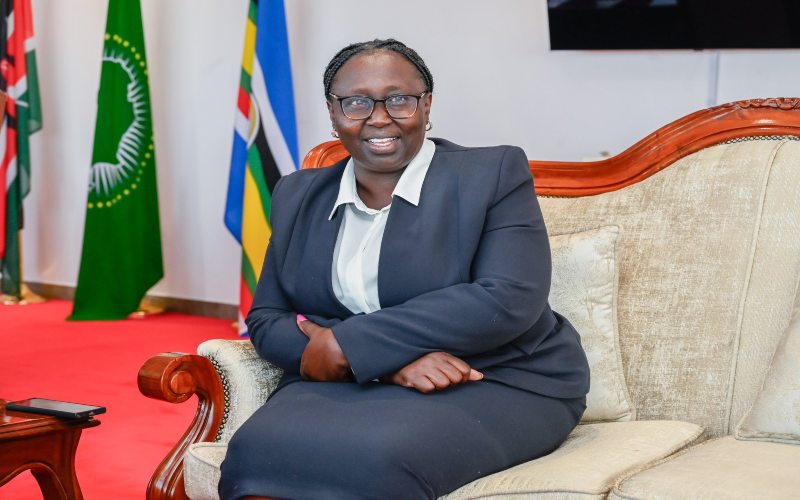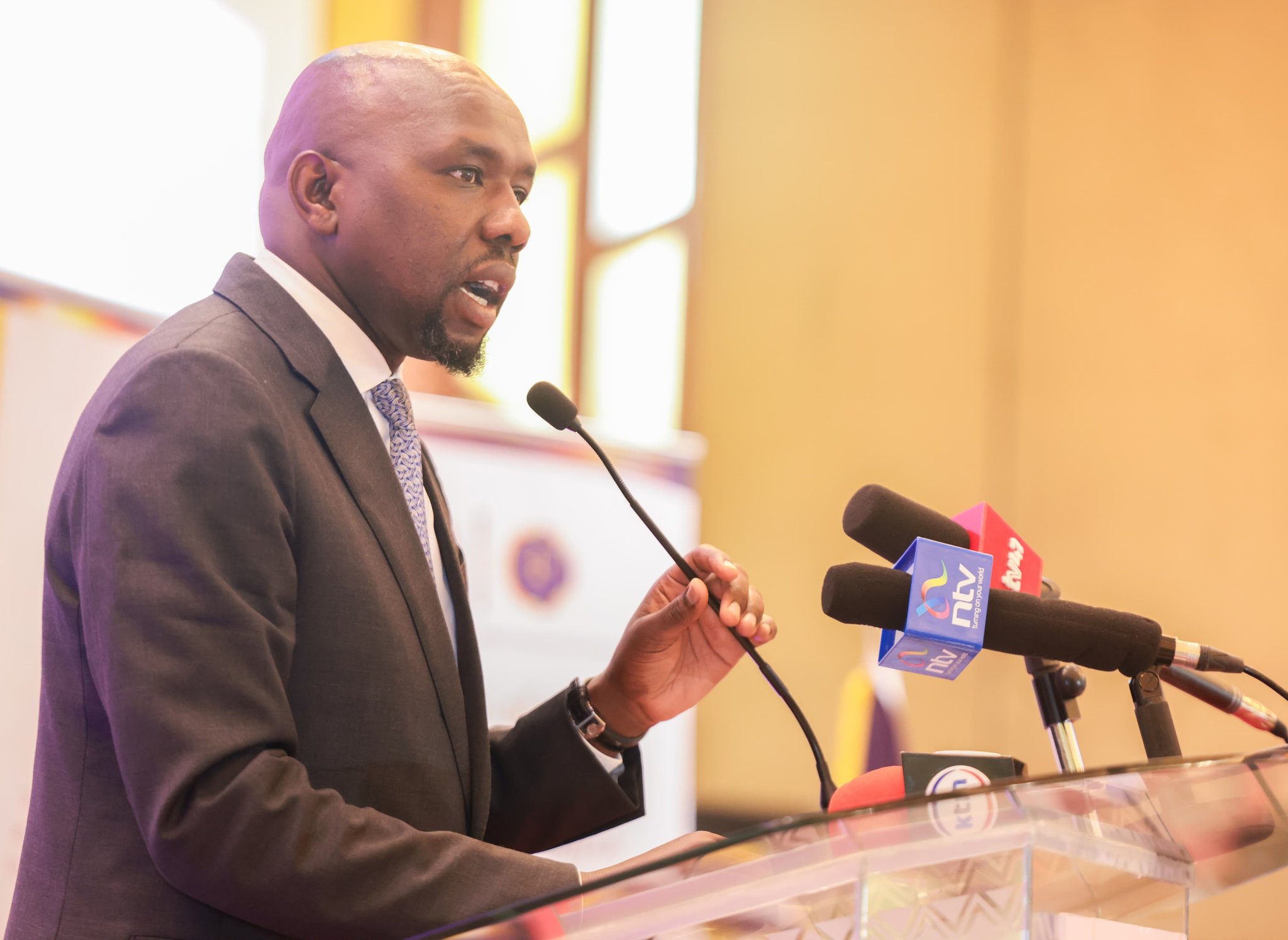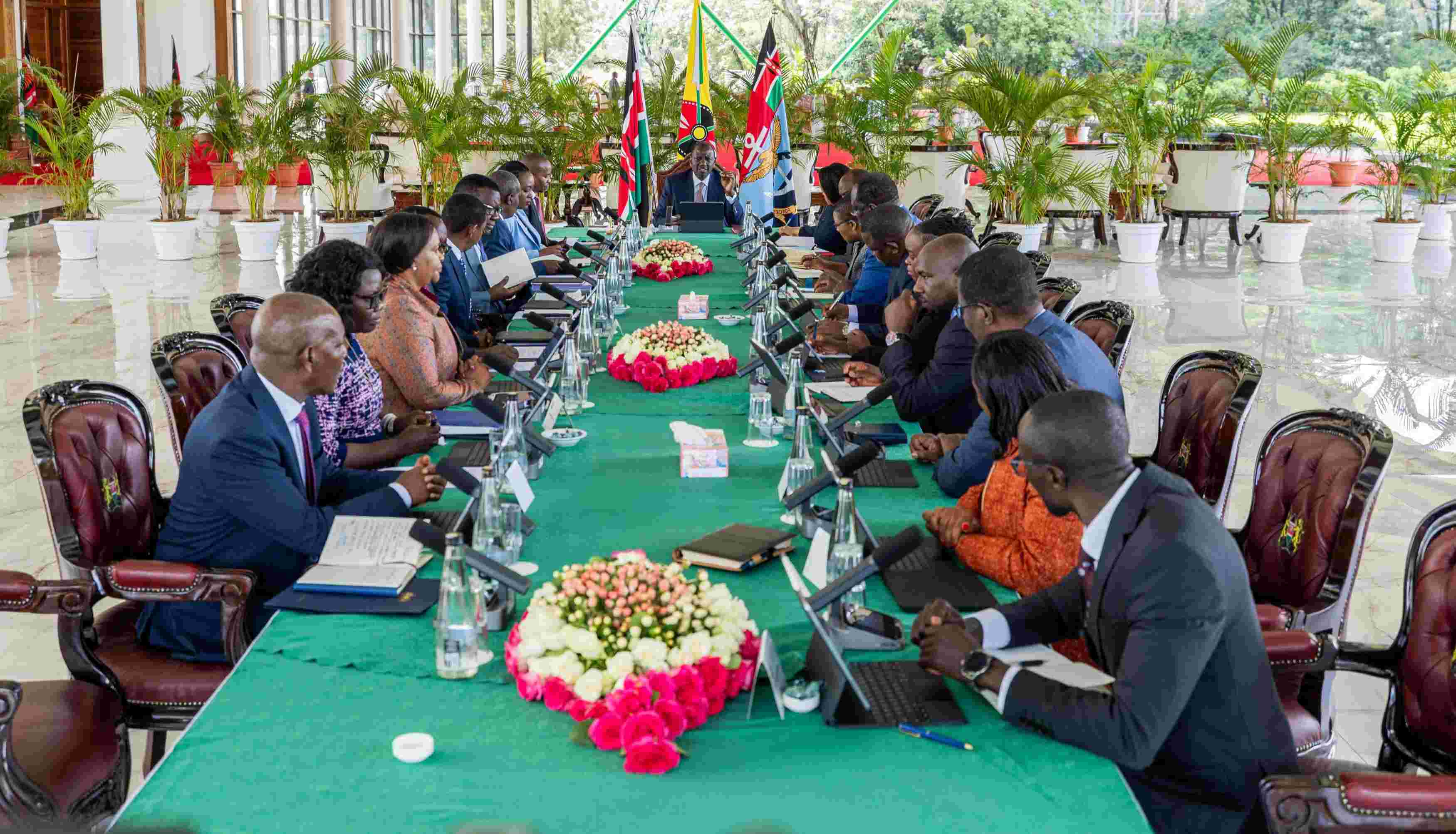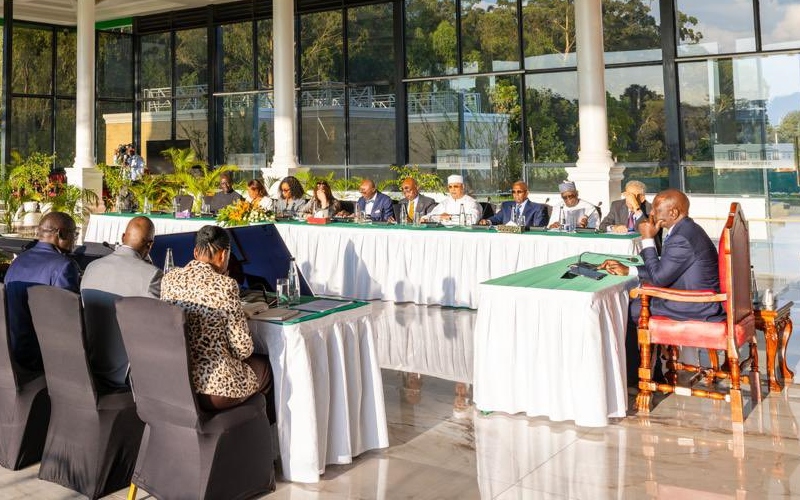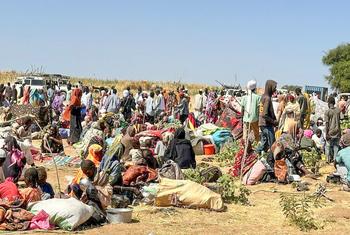Local filmmaker showcasing Eastleigh’s positive change through power of the lens
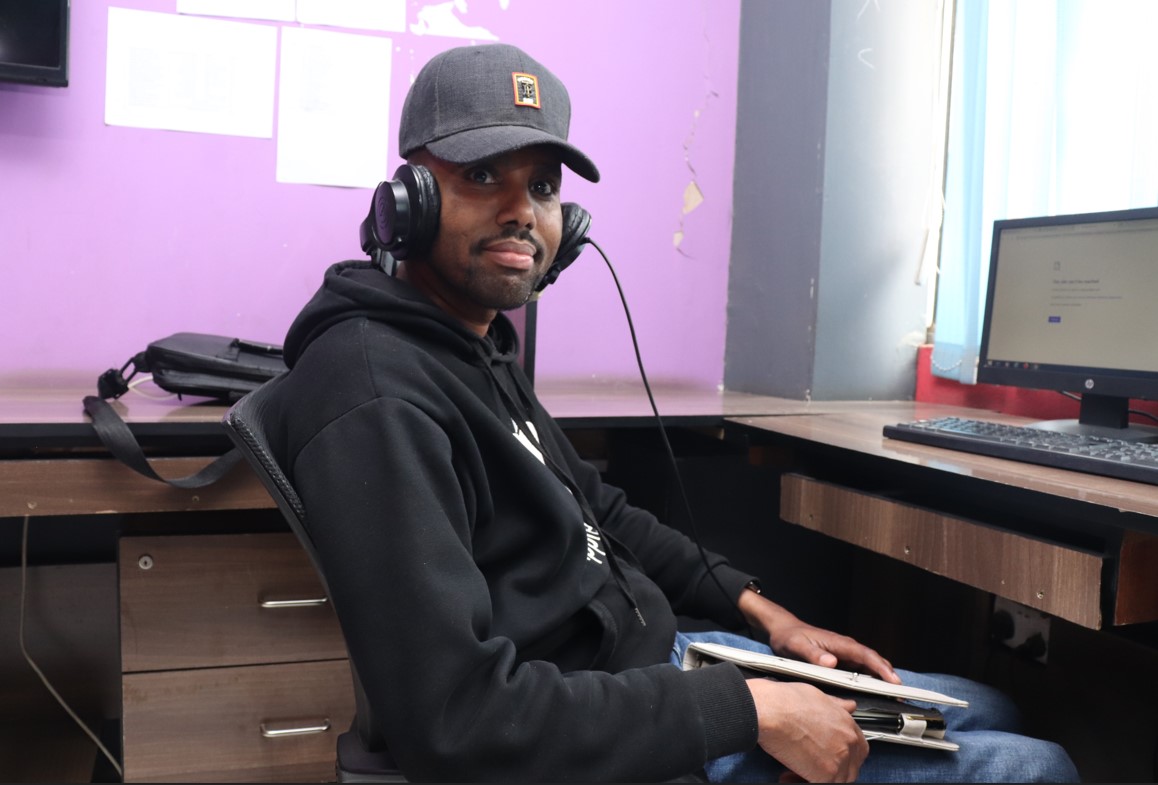
Against all odds, Iman staged his first plays addressing youth radicalisation, terrorism, FGM and gender-based violence.
At the height of terrorism in 2011, Kenya became the prime target of several attacks to spread panic amongst the citizenry and destabilise the government.
As a result, Kenya launched a military incursion into southern Somalia code-named Operation Linda Nchi (protect the nation). Authorities decided to grab the enemy by its horns to protect citizens.
More To Read
- Refugee youth rewrite their future through film in Dadaab
- Netflix gives African film a platform – but the cultural price is high
- Traditional film industry facing AI replacement with Google’s new AI tool
- DPP granted more time to decide on charges for four filmmakers linked to BBC's 'Blood Parliament' documentary
- From studio to cell: Filmmakers arrested over BBC exposé narrate ordeal in hands of police officers
- Outrage forces state to release 'Blood Parliament' filmmakers amid fears of more exposés
Ironically, while the government initiated plans to protect wananchi, some accused it of an open ethnic profiling campaign under the guise of enforcing security in areas that ethnic Somalis or Muslims predominantly inhabited.
To a large extent, the security programme ended up disenfranchising a community and members of an entire religion as other citizens considered them to be sympathetic to a faceless bloodthirsty adversary.
There was outrage when the then Assistant Minister for Internal Security, the late Orwa Ojode, said Al-Shabaab “is like a huge animal with the tail in Somalia and head hidden in Eastleigh”.
Many considered the comment reckless and dangerous.
Iman Burhan, an Eastleigh resident, claims that Somalis were treated with mistrust wherever they went and in whatever they did.
“It was very tough to be a Somali. Everyone looked at us as terrorists. We were accused of being behind some of the attacks witnessed in many parts of the country. Security officers stopped us and demanded to see our identity cards. Some openly harassed us,” Iman says.
As the fear of being judged and condemned based on ethnicity drove many in Eastleigh to the edge of despair, Iman sought to change the narrative in the unlikeliest of ways – film.
Iman is no stranger to Eastleigh and nearby estates. He has called this place home for more than two decades. He says addressing the community problems at the time required home-based solutions.
In 2011, the idea of Eastleighwood, a locally based production company that sought to emulate the world-famous Hollywood, was conceived.
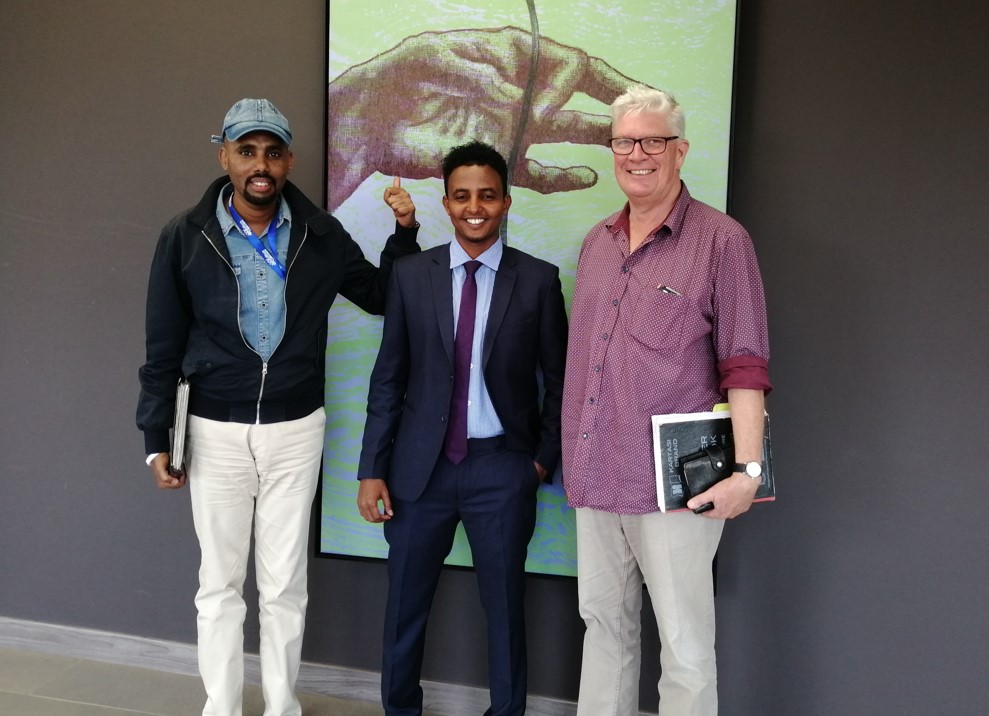 Iman Burhan with former Deputy Dutch Ambassador to Somalia Roelof Haveman (right) in 2019. (Photo: X/Eastleighwood)
Iman Burhan with former Deputy Dutch Ambassador to Somalia Roelof Haveman (right) in 2019. (Photo: X/Eastleighwood)
“We wanted to change the negative narrative about the Somali community. We saw the gap and sought to fill it positively,” Iman says.
Lights, camera, and action. The stage was set for a film revolution that had never been witnessed before. But Iman had first to win the hearts and minds of the people, who had lived in fear of what they did not understand for many years.
“It was tough convincing people to embrace film-making as we wanted local talent. At first, many parents condemned us, with some even saying that what we were doing was haram – forbidden by Islamic law,” he says.
“Undeterred, we put all our energy into educating and informing residents that our mission and project was good for the community and would benefit us in the long term,” Iman says.
Youth radicalisation
Against all odds, Iman held his first stage plays in the area, addressing youth radicalisation, extremism, terrorism, female genital mutilation (FGM), and gender-based violence.
The plays shone the light and condemned the vices that had long plagued his community. It had earlier been established that youth in Eastleigh were being led into joining Al-Shabaab with promises of a better life.
In reality, they were being stripped of their free will and forced to commit atrocities.
“During the attacks, we noticed that the government fought the terrorists, but the groups also fought back by reaching out to the young people and radicalising them. I knew that to win this war, we would have to deconstruct the Al-Shabaab narrative,” Iman says.
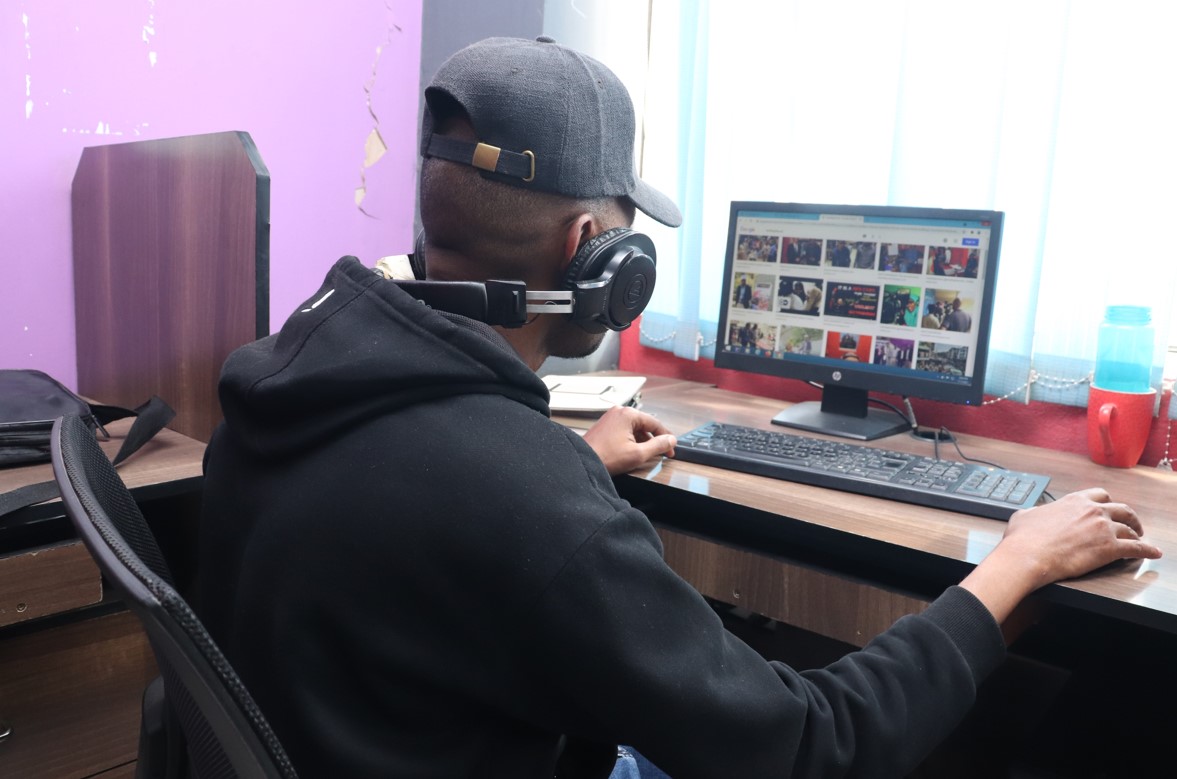 Iman Burhan at work. As his work gained momentum and popularity, members of the Eastleigh business community also began chipping in with donations.
Iman Burhan at work. As his work gained momentum and popularity, members of the Eastleigh business community also began chipping in with donations.
Locals eventually supported Iman’s attempts to keep the youth on the right track.
Eastleigh youth joined his team as actors, scriptwriters, producers, camera people, video editors, and sound technicians. Surprisingly, an overwhelming number of girls and women joined the team, becoming integral members who eventually carried on the message in the fight against radicalisation.
As Iman’s work gained momentum and popularity, members of the Eastleigh business community also began chipping in with donations.
The non-profit project has shot movies posted on various social media platforms and screened in community social halls in the Kamukunji constituency.
International fame
Iman’s films on fighting radicalisation earned him international fame and critical acclaim. His efforts have been featured on several global media platforms such as The Voice of America, Deutsche Welle News, and The Washington Post.
Eastleighwood has mentored young people over the years, with many pursuing careers in acting, music, modelling, and the visual arts.
The relationship between the community and law enforcers has improved, with Iman hosting many events praised for enabling a good working relationship with the police.
Eastleighwood also embarked on a campaign to combat the Covid-19 pandemic. It has also launched an ambitious digital safety drive following recent cases of abductions and kidnappings in Kenya.
At the same time, Eastleighwood will be marking ten years in filmmaking, a landmark achievement he hopes will continue to defy the test of time.
Top Stories Today


